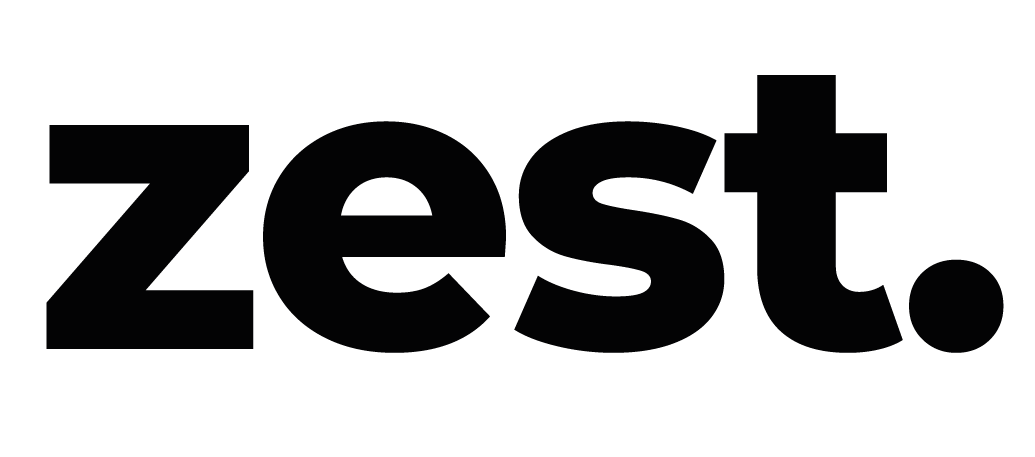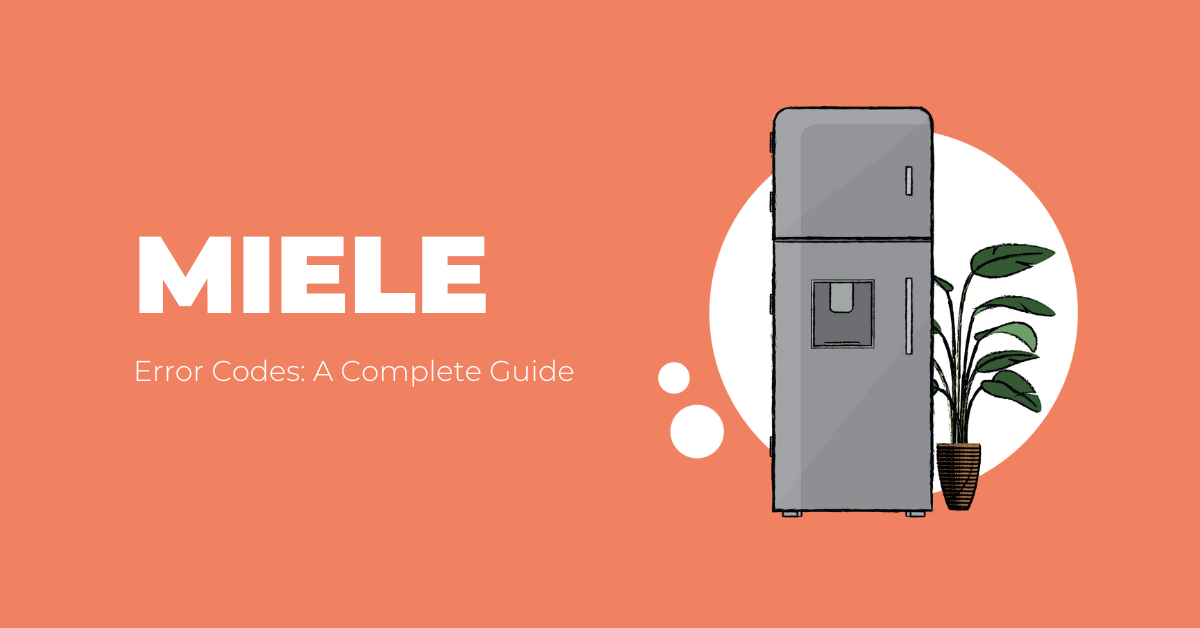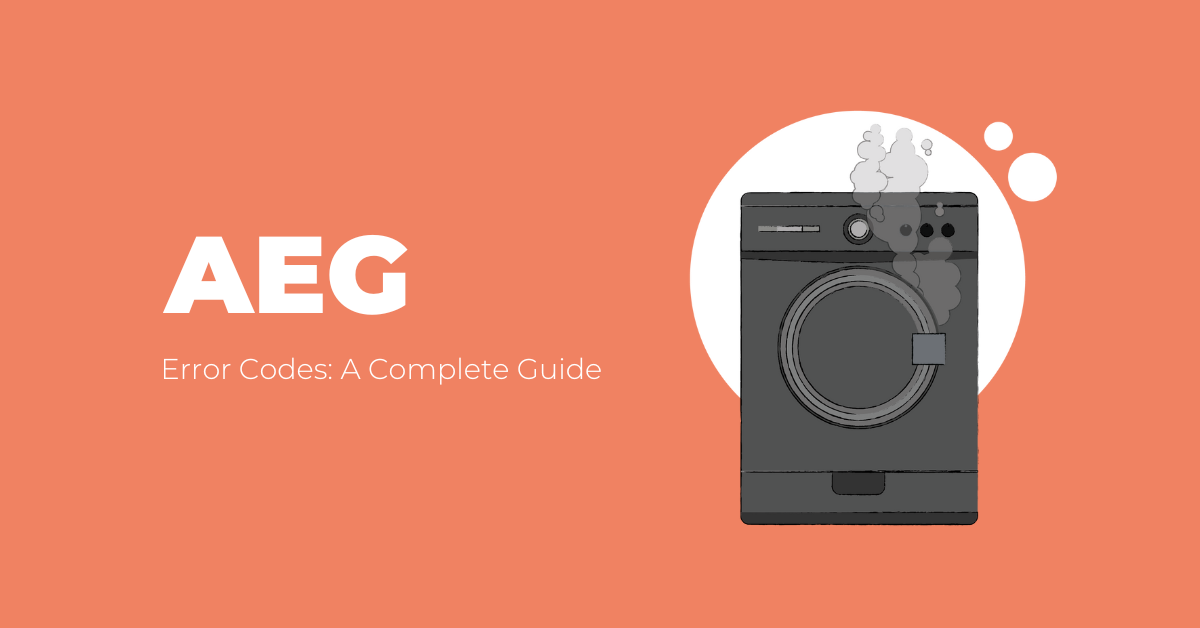
Buying a Washing Machine: All You Need to Know.
Types of Washing Machines.
There are a few different types of washing machines: freestanding washing machines, integrated washing machines (built-in), top-loading washing machines, and washer-dryers (a combination of a washer and a dryer).
Freestanding Washing Machines.
These are the most regularly seen washing machines. They can be plugged in and put anywhere with a plug socket and a drain. They come in various capacities, from 3kg to 12kg.
Pros of freestanding washing machines include a large choice of drum capacities, choice of colours, and lots of features to choose from. Cons include: Unlike integrated models, they don’t blend in with your home.
Integrated Washing Machines.
Integrated washing machines blend into your home as they’re built in behind your cupboards. They’re also modified to allow for a kitchen plinth to be fitted along the bottom of the appliance.
Outside of a kitchen build, integrated washing machines won’t be as stable, so it’s best to only use it within your kitchen unit as they’re designed to be.
Pros of integrated models are that built in models are usually quieter due to the cupboard door protecting it. They also look nicer when blending into your kitchen unit. Cons of integrated models include that are more expensive to install, usually costing around £80 to install. Freestanding models cost around half as much and some places will only install freestanding models.
Semi-Integrated Washing Machines.
Semi-integrated washing machines are similar to integrated models, but you can change the settings on your appliance without opening your cupboard door. This is quite a rare type of washing machine.
Top Loading Washing Machines.
In top loading models of washing machine, clothes go in at the top through a lid or hatch. They’re not too common in the UK. They aren’t as wide as normal washing machines and of course they need to be out in the open rather than under a worktop, because of the way you open the lid.
They are quite hard to open and unload because the doors are powerfully spring-loaded, and when the cycle finishes you need to spin the drum around to take out your clothes.
Washer-Dryers.
Washer-dryers are more efficient for space as you only need one machine for two jobs, but unfortunately, most washer dryers are better at one of these jobs than the other. Keep in mind that washer-dryers always have a smaller drying capacity than they do washing capacity.
What Does a Washing Machine Cost to Buy?
A good washing machine can range anywhere from £200-£900. But you’ll not need to spend more than £350 to get yourself something reliable that does the job you’re after.
You’ll encounter quieter, higher-capacity washing machines that allow you to choose more cycle types if you start spending more money, with really expensive machines nearing the £1000 mark.
Can I Get a Good Washing Machine for Cheap?
Absolutely. There are many washing machines from brands like Bosch, Beko, Zanussi, and more that are reliable, have great features, and cost below £350. It is worth researching this though, as many models at this price point certainly don’t justify the £350 spend.
How Much Will I Spend Running My Washing Machine?
The costs involved with running a washing machine can vary a lot, depending on the setting you use and how often and what energy rating your model has. On average though, running a washing machine will cost you an extra £34 per year.
Energy Ratings.
The energy ratings on a washing machine tell you how efficient the machine is at using the water, and the energy powering it. Generally tested on the cotton cycle at 60°C, the ratings go from A+++ (best) to D (worst).
Can I Buy a Sustainable Washing Machine?
Yes you can, buying an efficient washing machine will reduce your environmental impact and also reduce the amount of money you need to spend running it. Be wary though, as many of the most efficient washing machines are weaker at getting your clothes clean, again it is worth doing your research.
Washing Machine Drum Capacities.
Usually, the drum capacity of washing machines ranges from 5kg – 12kg. The most frequently purchased sizes are around 9kg and 10kg. The drum size is how many kilograms of clothing you can fit into the drum of the washing machine.
The amount you can put into the washing machine usually changes depending on what type of cycle you set, but the sizes are usually referring to the cotton cycles. Other types of cycles sometimes have as much as half the capacity due to the wash processes involved.
- 5kg sizes will fit about 7 dry towels in the drum.
- 9/10kg sizes will fit 13 or 14 dry towels in the drum.
- And 12kg sizes will fit around 17 dry towels in the drum.
Top Tips on Drum Size:
Don’t always go for the largest drum size – just because it’s larger doesn’t mean it performs better. Buy a washing machine with ample room for all your laundry needs. Don’t overfill or underfill your drum, this should optimize for performance. A larger capacity washing machine will be more expensive to run and to buy. If you wash small loads but regularly, go for a smaller drum size, and if you like to do everything in one go, buy a larger capacity drum.
What Size is the Average Washing Machine?
The usual standard dimensions of front-loading washing machines are 85cm tall, and 59cm – 60cm wide. The depth of a washing machine can range from 40cm – 70cm (not including 7cm you should leave at the back for pipes unless stated otherwise – check). This is because the spaces they are designed to fit into are generally these dimensions. There are some exceptions though so always read the specifications before you buy – just to be sure.
The Different Washing Machine Spin Speeds.
Removing water from your clothes at the end of the cycle is an essential part of the washing process and there are various speeds at which this can be done. The highest speeds range from 1000rpm to 1800rpm (rotations per minute). Fast spin speeds can make your washing machine cost more, they can also be louder, and it’s not always better either. The most effective spin speeds tend to be around 1200rpm so it’s not always a good idea to buy a higher speed washing machine.
Popular Brands of Washing Machine.
You’re spoiled for choice when it comes to washing machine brands to choose from. Some of the most popular brands are Samsung, Hotpoint, Beko, LG, Bosch and Zanussi washing machines. This is just the tip of the iceberg though; we recommend doing your research and finding one that is just right for you.
Many brands also now give you a selection of colours and options for coloured windows. Popular colours for washing machines include silver, red, grey and black. This can end up costing you more to buy a coloured, stylized machine though.






